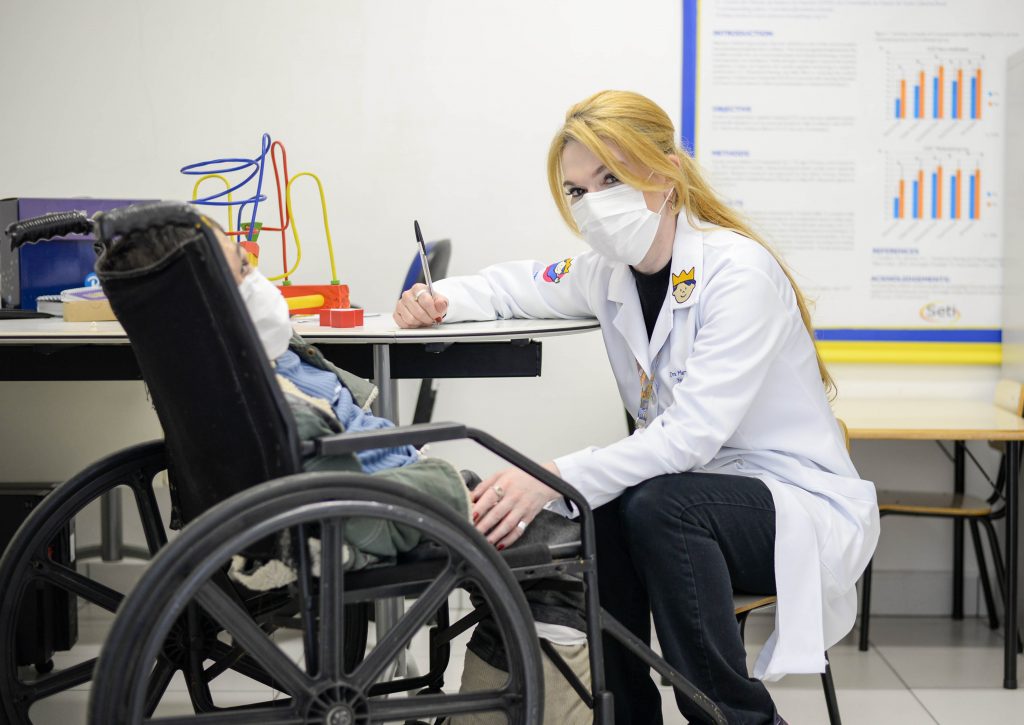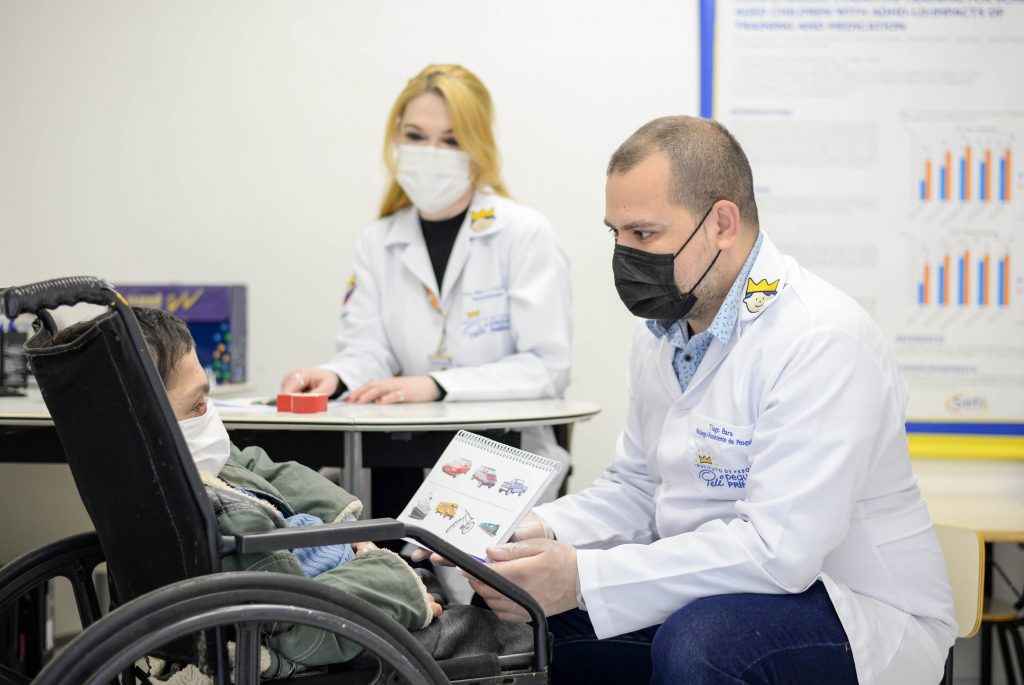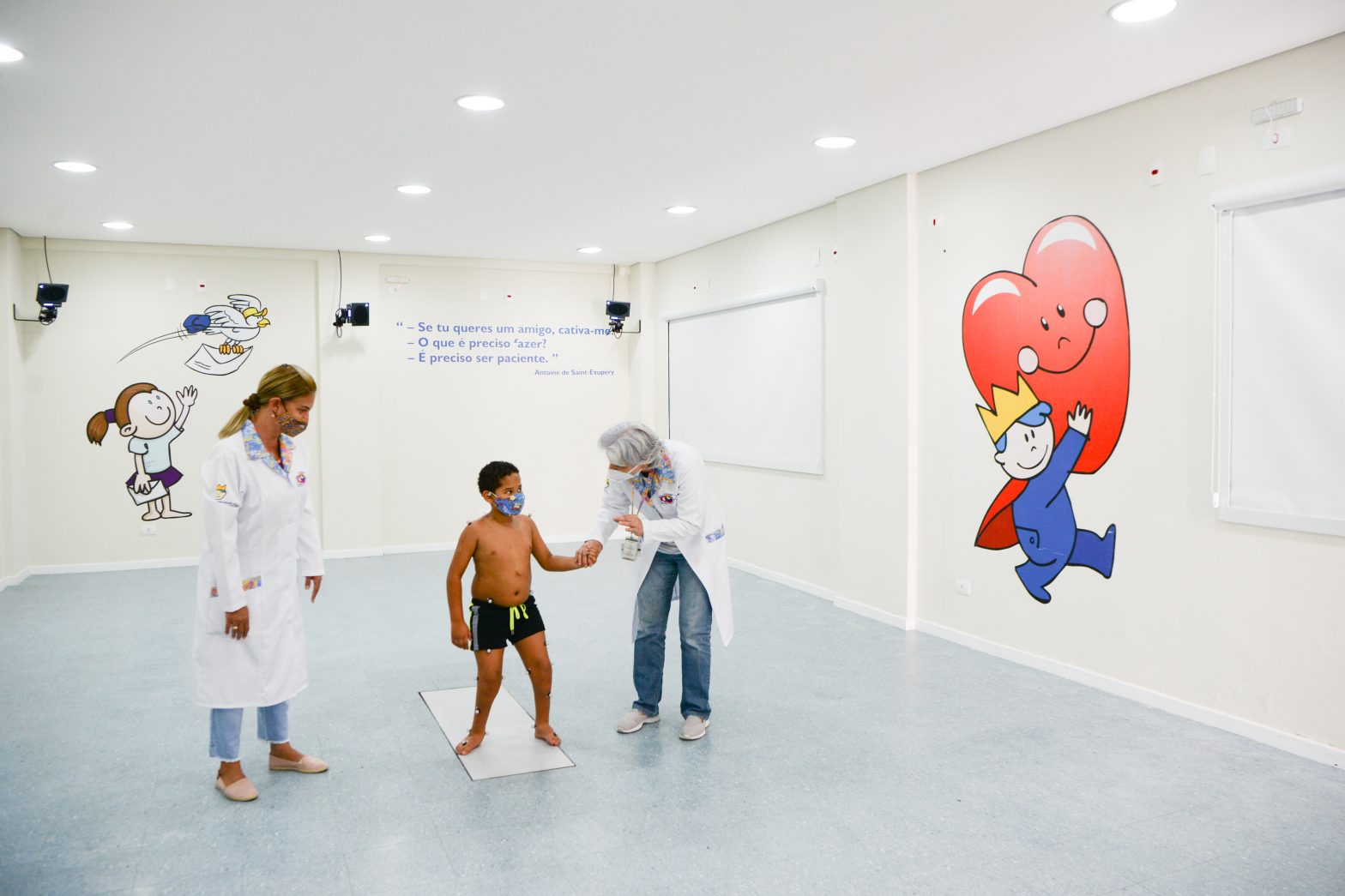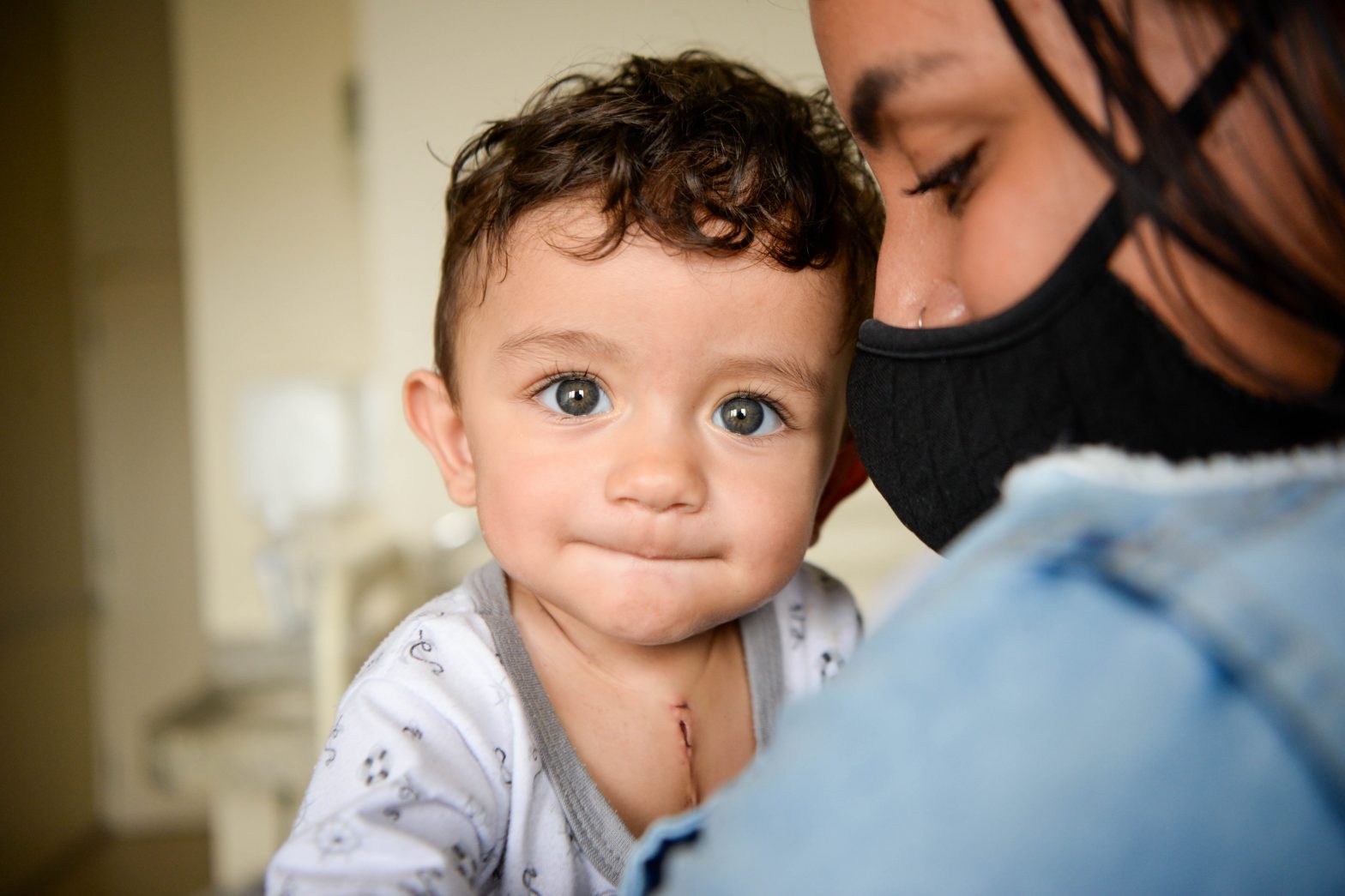Research discovers new genetic mutations associated with a rare disease
The study also indicated the importance of early diagnosis for glycogenesis to prevent brain damage

Glycogen storage disease (GSD) is a rare and hereditary disease caused by a defect in the metabolism of enzymes responsible for the synthesis or breakdown of glycogen. Research coordinated by neuroscientist Mara Lúcia Cordeiro, from the Pelé Pequeno Príncipe Research Institute, discovered new genetic mutations and indicated the importance of early diagnosis of the disease, in order to avoid irreparable damage to the brain and child development.
There are more than ten types of GSDs, also called glycogenesis. The disease affects one in every 100,000 live births worldwide. This disorder causes the abnormal accumulation of glycogen in different organs, mainly in the liver and muscles. Glycogen is an energy reserve produced and stored by the body with the transformation of ingested carbohydrates into glucose.
Diagnosis and symptoms
The diagnosis of the disease can be clinical, through physical exams and associations with other occurrences; enzymatic, from liver biopsy and enzyme dosage; and with the application of molecular genetic testing. When the mutation is present, it is still possible to perform prenatal diagnosis in patients at risk.
Among the problems caused by GSD are hepatomegaly (enlarged liver), in addition to symptoms of intolerance to fasting, hypoglycemia (low blood sugar), osteopenia and/or osteoporosis (changes in bone structures), nephromegaly (enlarged kidneys), and dysfunction of neutrophils (defense cells) and platelets.
The main symptom caused by the disorder is hypoglycemia, which can result in serious consequences, such as seizures and brain damage, causing developmental delays, physical and learning difficulties, and, in rare cases, lead to death.
Study findings

The research carried out by the Institute evaluated the genetic, brain, structural and neurological aspects of pediatric patients with liver glycogenesis. The study included 12 children and adolescents, aged 2 to 17 years old, who have the disease, treated at the Pediatric Neurology Outpatient Clinic of the Pequeno Príncipe Hospital.
According to the responsible scientist, the research discovered six new genetic mutations not yet described in the scientific literature, a result that may contribute to other case reports in Brazil.
Furthermore, the research project has proven the negative effects of glycogenesis on the brain. “Until now, the focus has been on the liver and kidneys. Our study demonstrated that when there is a delay in the diagnosis and treatment of the disease, irreparable damage can occur in the brain,” explains the neuroscientist. The study also pointed out that the main impact of GSD seems to be related to inadequate metabolic control, especially hypoglycemia.
In the next stages of the work, the researchers will assess the impact of the disease on cognitive, neurobehavioral, and family aspects. According to experts, the study will contribute to the international scientific literature on GSD, which is still scarce worldwide.
More
Pronon and Pronas are back
Through these programs, companies can allocate part of their Due Income Tax to finance projects focused on cancer care and people with disabilities
Children also need heart transplants
According to the Ministry of Health, 67 children and adolescents up to 17 years of age are waiting for a heart in Brazil; Pequeno Príncipe has five patients waiting for a transplant
Gala do Bem mobilizes society to support cancer care and research activities
The event will take place in Curitiba, on the 9th of October, bringing together haute cuisine and solidarity









